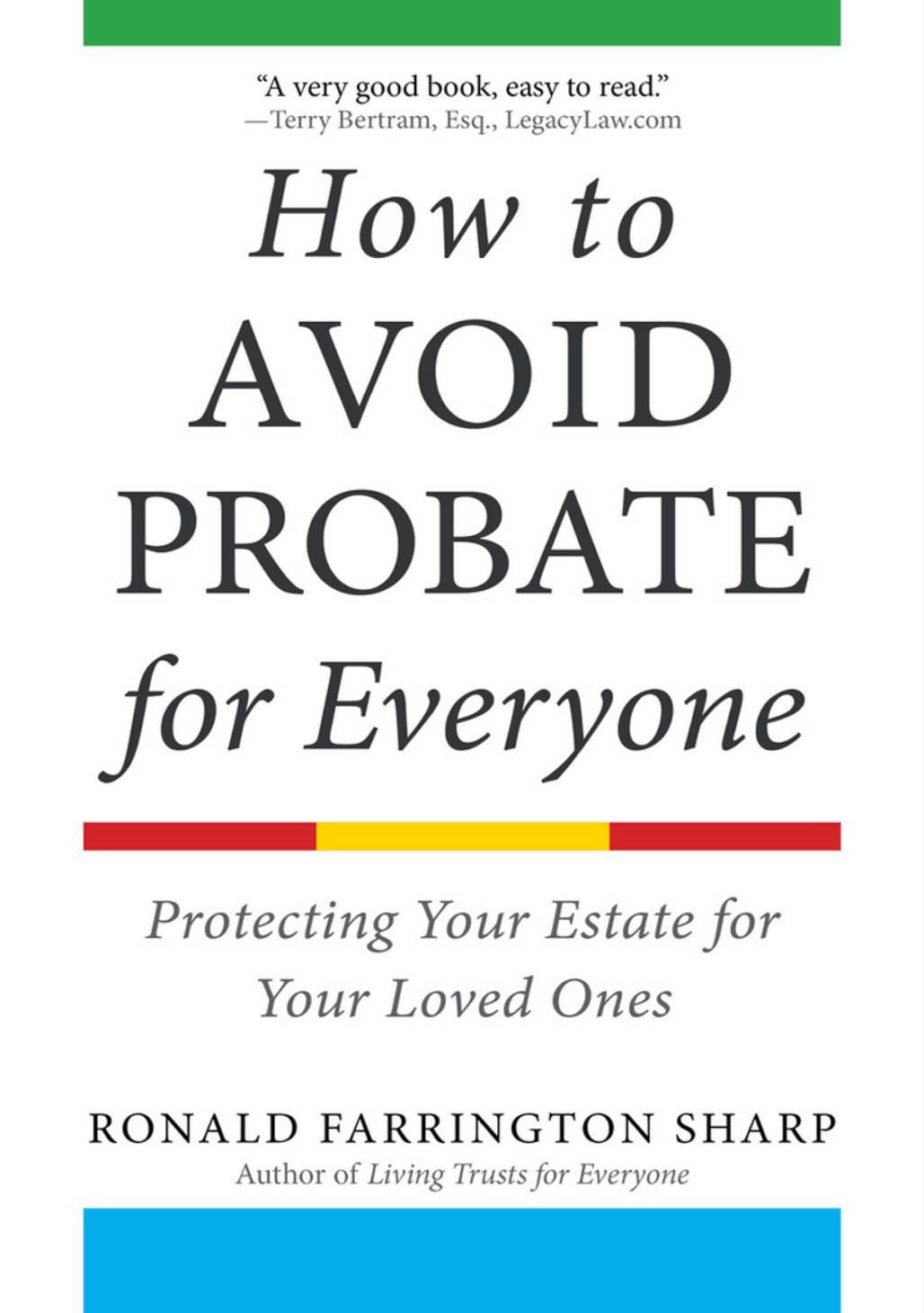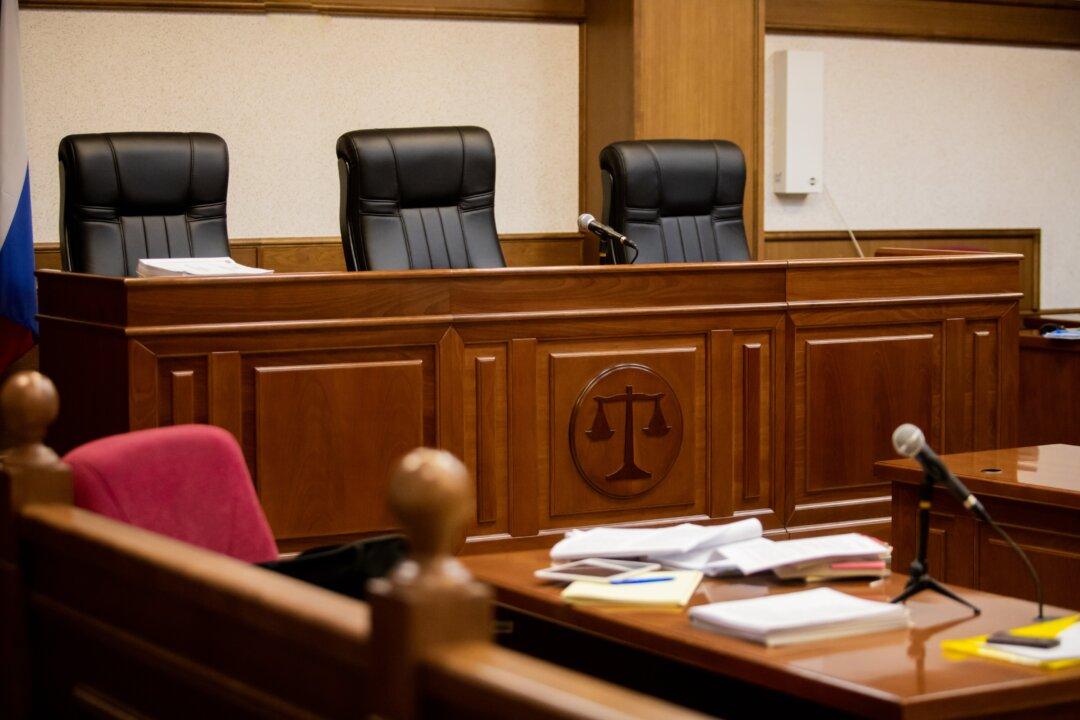Spendthrifts, Sale of Expected Inheritance
We all know people who are not good money managers. To protect them from themselves, we often structure their inheritance so that it is apportioned to them in installments or held in trust for them under someone else’s control. There are companies actively soliciting those who are willing to sell their share of trust funds, usually at a huge discount. Allowing a beneficiary to sell their expected inheritance defeats the whole purpose of the grantor in leaving them the money in this manner. So, we make it impossible for them to thwart the grantor’s intention by including a provision such as this:Spendthrift Provision:
Neither the principal nor the income of the Trust shall be liable for the debts of a Beneficiary. Except as otherwise expressly provided in this Agreement, no Beneficiary of any Trust shall have any right, power, or authority to alienate, encumber, assign, sell, gift, or hypothecate his or her interest in the principal or income of this Trust in any manner, nor shall the interests of any Beneficiary be subject to the claims of his or her creditors or liable to attachment, execution, or other process of law. The limitations herein shall not restrict the exercise of any right to disclaim an inheritance.Arbitration of Disputes
Sometimes there are those who are not pleased with the decisions made by the grantor of a trust. Especially if they were left less from the distribution than they expected, or received nothing at all. Finding a lawyer and suing is the most likely thing they are going to do, and this can cause additional expense to the trust as well as taking more time to settle things. I like an arbitration clause in a case like that since it is typically less expensive and quicker than going through court proceedings and you can require that the person challenging the trust pay for all costs of arbitration, including the expenses of the trustee and her lawyer if they are unsuccessful. I also like to see a disinheritance clause that states that anyone challenging the trust successfully is entitled to nothing at all from the trust. The disinheritance clause is probably not always going to be successful since a court can overrule any trust provisions, but just the fact that it is written into the trust might discourage people from attempting a challenge.Resolution of Conflict:
Any controversy between the Trustee and any other Trustee or Trustees, or between any other parties to this Trust, including Beneficiaries, involving the construction or application of any of the terms, provisions, or conditions of this Trust shall, on the written request of either or any disagreeing party served on the other or others, be submitted to arbitration. The parties to such arbitration shall each appoint one person to hear and determine the dispute and, if they are unable to agree, then the two persons so chosen shall select a third impartial arbitrator whose decision shall be final and conclusive upon both parties. The cost of arbitration shall be borne by the losing party. Such arbitration shall comply with the commercial arbitration rules of the American Arbitration Association, New York Regional Office, 150 East 42nd St, Floor 17, New York, NY 10017.Incontestability:
The beneficial provisions of this Trust Agreement are intended to be in lieu of any other rights, claims, or interests of whatsoever nature, whether statutory or otherwise, except bona fide pre-death debts, which any Beneficiary hereunder may have in Grantor’s Estate or in the properties in trust hereunder. Accordingly, if any Beneficiary hereunder asserts any claim (except a legally enforceable debt), statutory election, or other right or interest against or in Grantor’s Estate, or any properties of this Trust, other than pursuant to the express terms hereof, or directly or indirectly contests, disputes, or calls into question, before any court, the validity of this Trust Agreement, then:- Such Beneficiary shall thereby absolutely forfeit any and all beneficial interests of whatsoever kind and nature which such Beneficiary or his or her heirs might otherwise have under this Trust Agreement and the interests of the other Beneficiaries hereunder shall thereupon be appropriately and proportionately increased; and
- All of the provisions of this Trust Agreement, to the extent that they confer any benefits, powers, or rights whatsoever upon such claiming, electing, or contesting Beneficiary, shall thereupon become absolutely void; and
- Such claiming, electing, or contesting Beneficiary, if then acting as a Trustee hereunder, shall automatically cease to be a Trustee and shall thereafter be ineligible either to select, remove, or become a Trustee hereunder.
The Trust Funding Summary/List of Assets
One problem we have after a person dies is locating his or her assets. There is always a fear that we didn’t find all the things that the deceased owned. Part of your trust should be a simple form added as an addendum for informational purposes where you list all the things transferred into the trust name and when you made the transfers. The list can be updated by hand as you divest assets or add new ones to the trust. This would include beneficiary designations for insurance policies and accounts, title transfers, TOD and POD designations, deeds and leases, business interests, and investment accounts. Some accounts, for example, are only found online because you have opted for no mailed statements, so it’s a good idea to list the online brokerage and other accounts along with passwords so that they can be accessed.Disinheriting Family Members
If a person makes a will and doesn’t leave something to his or her child, the legal assumption is that it must be a mistake, since people will normally include the so-called objects of their affection. The omitted child can challenge the will and take a share. Now, if the will specifically says they are intentionally omitting the child, most states will follow the intent of the maker of the will and leave the child out. These rules do not apply in a trust, since we state specifically that only the people named in the trust are heirs, and if someone happens to be omitted, then it was done intentionally.Section 7.03. Specific Omissions:
Any and all persons and entities, except those persons and entities specifically named herein, have been intentionally omitted from this Trust Agreement. If any person or entity shall successfully challenge any term or condition of this Trust Agreement, then to that person or entity shall be given the sum of one dollar ($1.00) in lieu and in place of any other benefit, grant, or interest which that person or interest may have in the Trust Estate.This provision can also apply to a spouse unless state law provides a guaranteed share of trust assets to an omitted spouse. In a will, the testator cannot disinherit his or her spouse. The surviving spouse is typically given a so-called right of election or forced share, which means he can take what was given to him under the will or take a share specified by statute, which is generally what he would have inherited had there been no will at all. In most states that do not have community property laws, the forced share rule does not apply to trusts, so you can disinherit your spouse from all trust assets. Check with your lawyer if this is your intent to see if local law allows it. There are a surprising number of married couples who have separate assets and separate trusts and estate plans, so this is not necessarily unusual or underhanded.

(To be continued...)

This excerpt is taken from “How to Avoid Probate for Everyone: Protecting Your Estate for Your Loved Ones” by Ronald Farrington Sharp. To read other articles of this book, click here. To buy this book, click here.
The Epoch Times copyright © 2023. The views and opinions expressed are those of the authors. They are meant for general informational purposes only and should not be construed or interpreted as a recommendation or solicitation. The Epoch Times does not provide investment, tax, legal, financial planning, estate planning, or any other personal finance advice. The Epoch Times holds no liability for the accuracy or timeliness of the information provided.





